Frugal living tips aren’t about cutting corners, not really. They’re about making thoughtful choices that enrich your life and bring a greater sense of contentment. These tips and skills are like a well-stocked toolbox – by focusing on simple, money-saving ideas and embracing the satisfaction of doing things yourself, you can make your budget go further, whether you live in a bustling city or a quiet countryside. These 25 down-to-earth, frugal living tips are simple ways to stretch your budget and create a more fulfilling and sustainable lifestyle. Explore these frugal living tips and see how they can work for you!
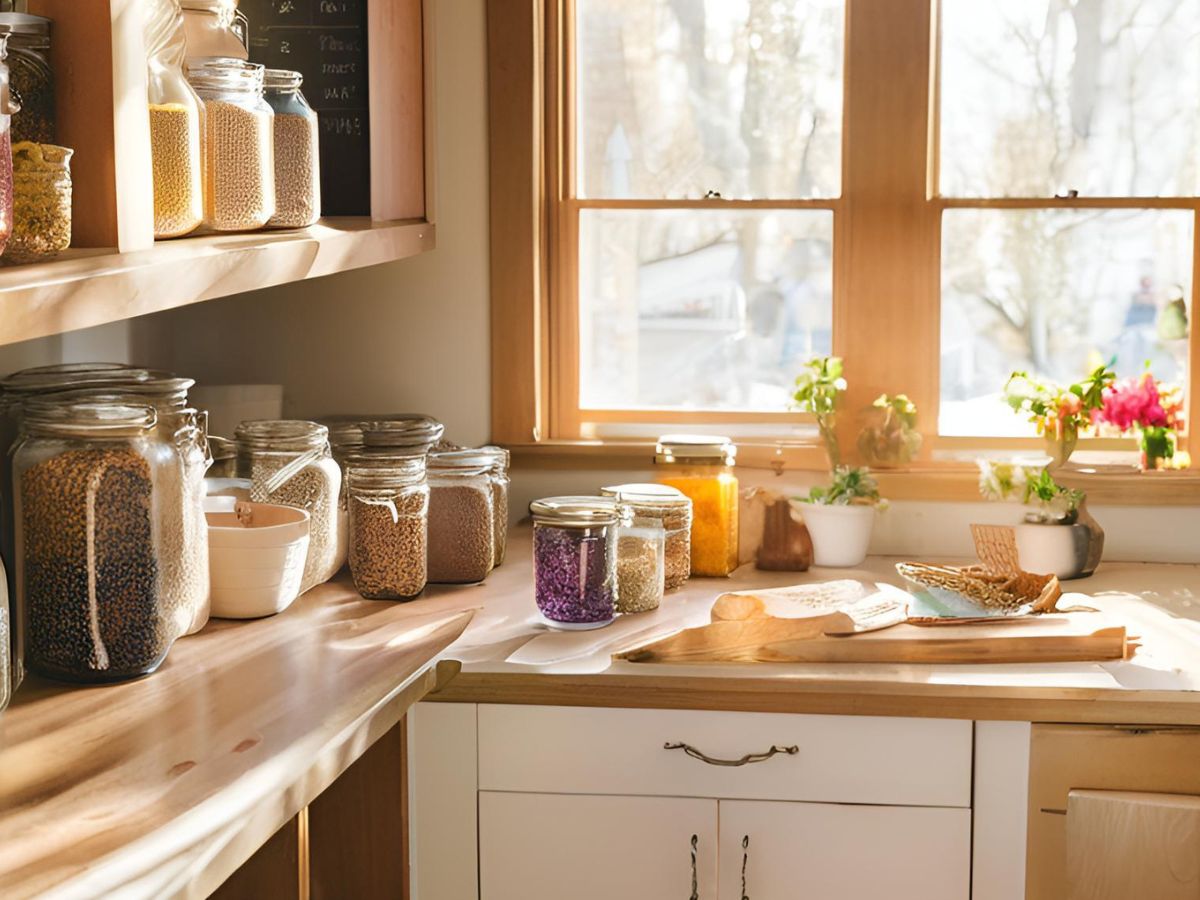
Sustainable Frugal Living Tips
1. Grow Your Food – There’s nothing like growing your food. The benefits are endless, whether it’s a container of lettuce, a few tomato plants, or an expansive garden. You save money at the grocery store, eat fresher, healthier produce, and enjoy watching something grow from seed to harvest. Start where you are with easy crops like salad greens or herbs and expand as you build confidence. For help with gardening, check out the many helpful Gardening articles on TFL.
2. Save Seeds From Your Garden– Saving seeds is a simple, frugal habit that keeps your garden growing year after year without purchasing seeds every year. Once you’ve grown a plant to maturity, let a few of the best plants go to seed, then dry and store those seeds for the next season. Beans, peas, and heirloom tomatoes are excellent choices for beginners. Label them carefully, and you’ll never need to buy seeds again. It’s like preserving a piece of the season for the future. You can learn how to save seeds from your garden in our companion post.
3. Preserving the Harvest – Preserving the harvest is how we ensure nothing from the garden goes to waste. It’s the whole reason many of us put in a garden in the first place—to have good food on the table all year round. From canning a batch of juicy tomatoes to drying beans or hanging herbs to dry in the kitchen, each jar and bag is a little taste of summer we can enjoy all winter. Learn how to preserve tomatoes or the basics of food dehydration from our companion articles.
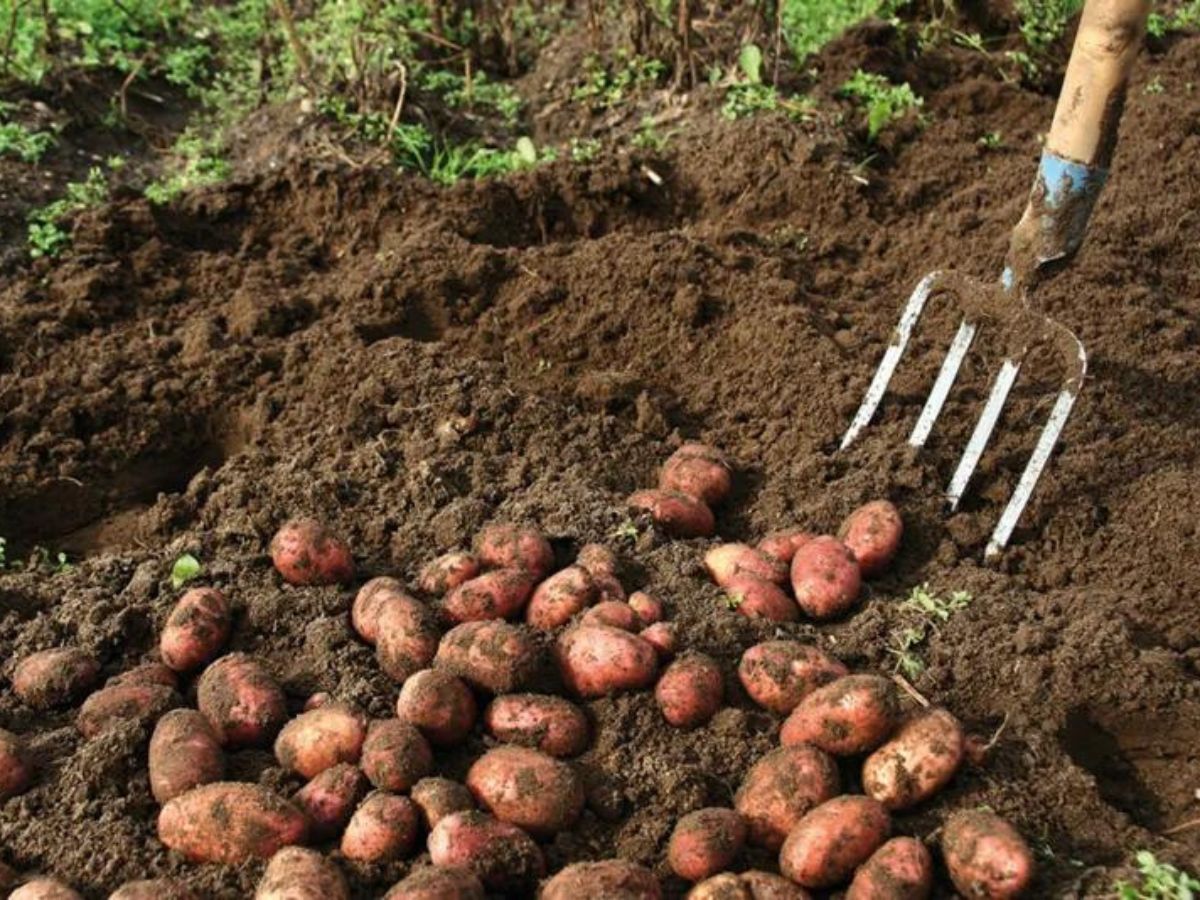
4. Composting – Kitchen scraps and yard waste can be turned into rich, nutritious compost with little effort. Start a compost pile or bin, layering fruit and veggie scraps with dried leaves or straw. Over time, these scraps break down into soil that feeds your garden. It’s a natural cycle that saves money on fertilizers and keeps waste out of landfills. Learn how to create the best compost in our companion article.
5. Natural Pest Control – Using plants like marigolds or basil to deter pests is a frugal, eco-friendly way to protect your garden. Companion planting and homemade sprays (like garlic or neem oil) work wonders without the cost or risk of harmful chemicals. We have several articles to help you manage pests naturally. Learn about companion planting and how to implement it in any size garden; how to use neem oil to repel and remove harmful insects naturally; and how to manage hornworms on your plants.
6. Practice Permaculture – I’ve always been drawn to the principles of permaculture—the idea of working with nature rather than trying to control it. It just makes sense! Whether you’re dreaming of a self-sufficient homestead, tending a small backyard garden, or growing herbs on a patio, designing your space with this in mind can make a real difference. One simple example from our life is using chickens to help fertilize our gardens and raised beds. It’s a natural and effective way to improve soil and reduce waste. You will find permaculture will help save you money and time. If you’re interested in learning more about soil health, you’ve got it, we have articles to help you explore all the options!
7. Making Natural Fertilizers – Creating your own fertilizers is a frugal and eco-friendly way to nourish your plants. Instead of buying expensive chemical products, use natural ingredients like coffee grounds, banana peels, or fish scraps. They’re easy to gather and pack a punch of nutrients that your plants will love. We share how to make practically free fertilizer in our companion article.
8. Foraging for Wild Foods – Nature provides us with so many gifts, and learning to identify wild edibles is an excellent way to connect with the natural world and add some fresh variety to your meals. From dandelion greens to berries and (with proper research and caution) even mushrooms, there’s a lot to discover. However, I can’t stress this enough: always be absolutely sure of what you’re foraging. There are some dangerous, even deadly, look-alikes out there, so accurate identification is absolutely essential. Do your research, use reliable field guides, and consider learning from an expert. One of our favorite things to forage is morel mushrooms.
9. Rainwater Harvesting – A rain barrel ( we are happy with this one) under your downspout is an easy way to collect water for your garden, especially during dry spells. It’s an affordable, eco-friendly solution to conserving water, and every drop you collect is one less you’ll need from the tap. However, I can’t believe I have to say this: be sure it’s not against the law where you live. We have lived in two places where it was illegal to capture rainwater because it “belongs to the State.” Yep, that’s what we’ve come to.
10. Using Greywater Systems – Repurposing greywater—like water from washing vegetables or leftover bathwater—can be a huge help for outdoor watering. With some planning, you can reroute usable water to nourish plants and reduce waste. This will save money on your water bill if you don’t have a well.
11. Using What You Have – It might seem like common sense, but let’s be honest, we all need a little nudge sometimes: Before buying something new, take a good look at what you already own. We live in a time where these simple skills sometimes get lost, and it’s important to share them. An old shirt can become cleaning rags or garden ties, empty jars can be used for storage in the kitchen or craft room, and even worn furniture can often be repaired with a little effort. Learning to see the potential in what’s already available is a great way to save money and connect with the resourceful spirit of past generations. You can read and listen to my grandparents share their experiences in our Voices of Heritage Series, as well as old-fashioned skills that I still use from my great-grandmother and grandmother.
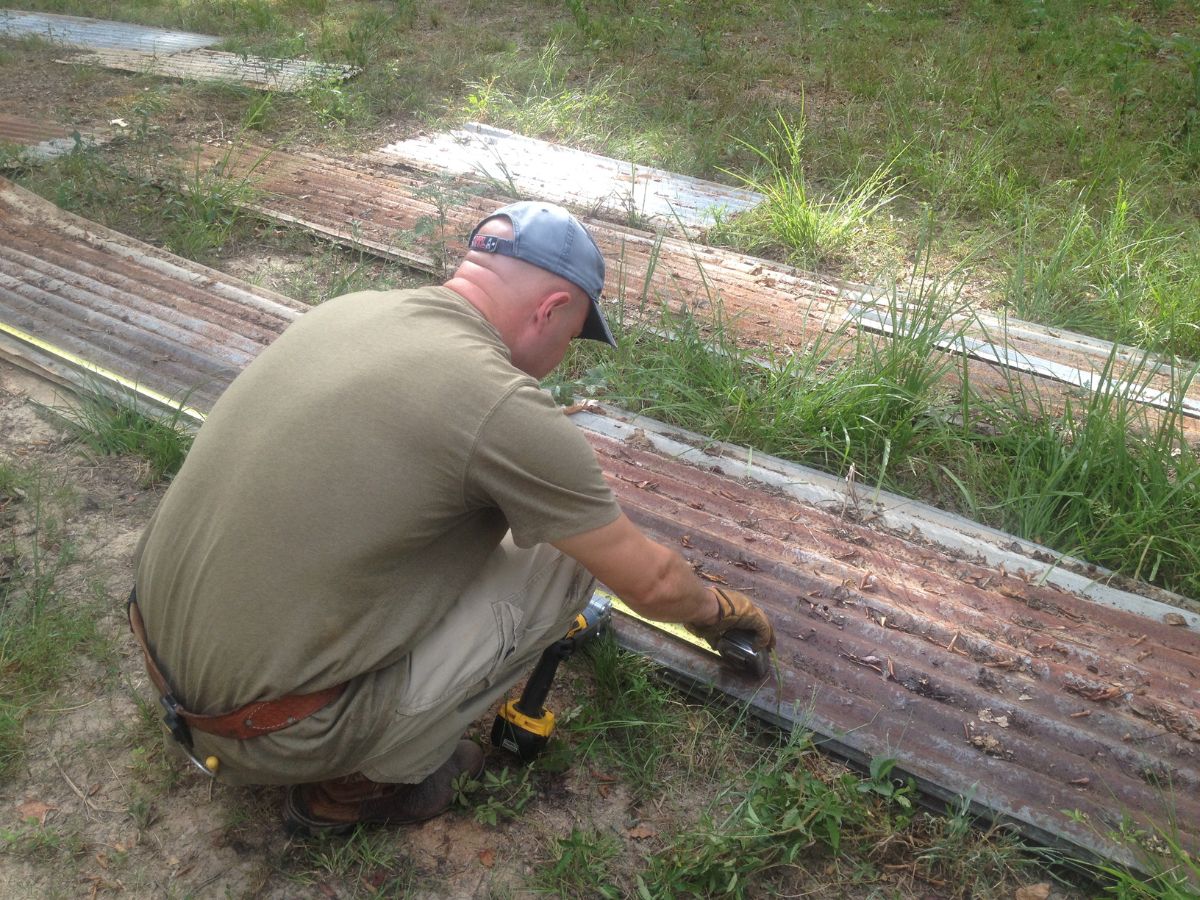
12. Repurposing Glass Containers – I’m a big believer in using and reusing glass jars! I use them for practically everything around the house. They’re perfect for keeping leftovers in the fridge, holding cotton swabs in the bathroom, storing dry goods like rice, beans, flour, and sugar in the pantry, and even keeping my coffee and tea fresh. Plus, they’re a great place to corral loose change. And let’s be honest, they add a touch of old-fashioned charm to any pantry shelf. Reusing glass jars is a simple yet effective way to avoid using toxic plastic, save money, reduce waste, and connect with the resourceful habits of generations past. If you’d like to learn more about how to remove plastic from your home, we have a companion article just for you!
13. Repair Instead of Replace – Things break; that’s a fact. In our day and age, it’s tempting to replace them, but there’s something to be said for mending things. It’s a good way to save a few pennies and keep things out of the landfill. The old saying, “Make do or do without,” was one our grandparents knew well. They didn’t have the option of just running to the store for a new one every time something broke—they made do, they fixed things. That patch or repair becomes part of the story of the thing you work on, and there’s a real satisfaction in that, a little reminder of how things used to be before this age of disposable everything.
14. Upcycle Household Items – Before throwing something away, ask yourself: could this be used for something else? It’s a good habit to get into. Old t-shirts make great cleaning rags, and glass jars are perfect for storing everything from flour to beans. Even broken furniture might just need a little fixing up to be useful again. Upcycling not only saves money—which is always a good thing—but it also helps us avoid creating more waste. It’s about turning something old into something new and functional, making do with what we have.
15. Homemade Gifts – There’s nothing more personal than a gift made with love. Whether it’s a jar of homemade jam, a loaf of fresh bread, or a hand-knitted scarf, these gifts cost less and mean more. Start a tradition of making gifts – it’s fun and heartfelt. My mother crochets baby blankets and doilies and embroideries pillowcases as gifts. I enjoy quilting, knitting, and embroidering gifts.
16. Cooking From Scratch – Cooking from scratch is one of the simplest ways to save money and enjoy healthier meals. Whether making a pot of soup, a loaf of bread, or even your own pizza dough, starting with basic ingredients allows you to avoid pricey pre-packaged foods. Plus, you have more control over what goes into your meals, and it always tastes better when you know it’s homemade. You will find many old-fashioned from scratch recipes on TFL. We use Einkorn flour now for our gut health and you will find many from scratch Einkorn recipes as well.
17. DIY Household Products – For a cost-effective and family-friendly option, consider making your own products like vinegar cleaners, laundry detergent, or even soap. It’s surprisingly simple—you only need a few ingredients to create something that works just as well as anything from the store. There may be some upfront costs, but you’ll usually find it cheaper and more efficient over the long run. Plus, you know exactly what’s going into it.
18. Bartering with Neighbors – Bartering with neighbors is a wonderful way to save money and build community, just like folks used to do. It wasn’t always about money; it was about helping each other out. Maybe you have extra eggs, your neighbor has extra zucchini, or perhaps someone needs help fixing their roof, and you have the skills to do it. Swapping goods or services is a great way to make sure nothing goes to waste, and it helps everyone save a few dollars. It’s a reminder of a simpler time when neighbors relied on each other.
19. Reducing Energy Use – Simple habits like turning off lights when you leave a room, making the most of daylight, and unplugging devices when you’re not using them can add up to some nice savings. On our homestead, we work with the sun’s natural rhythm—early to bed and early to rise—and it’s not only frugal, but it brings a real sense of peace, a bit like how folks used to do things.
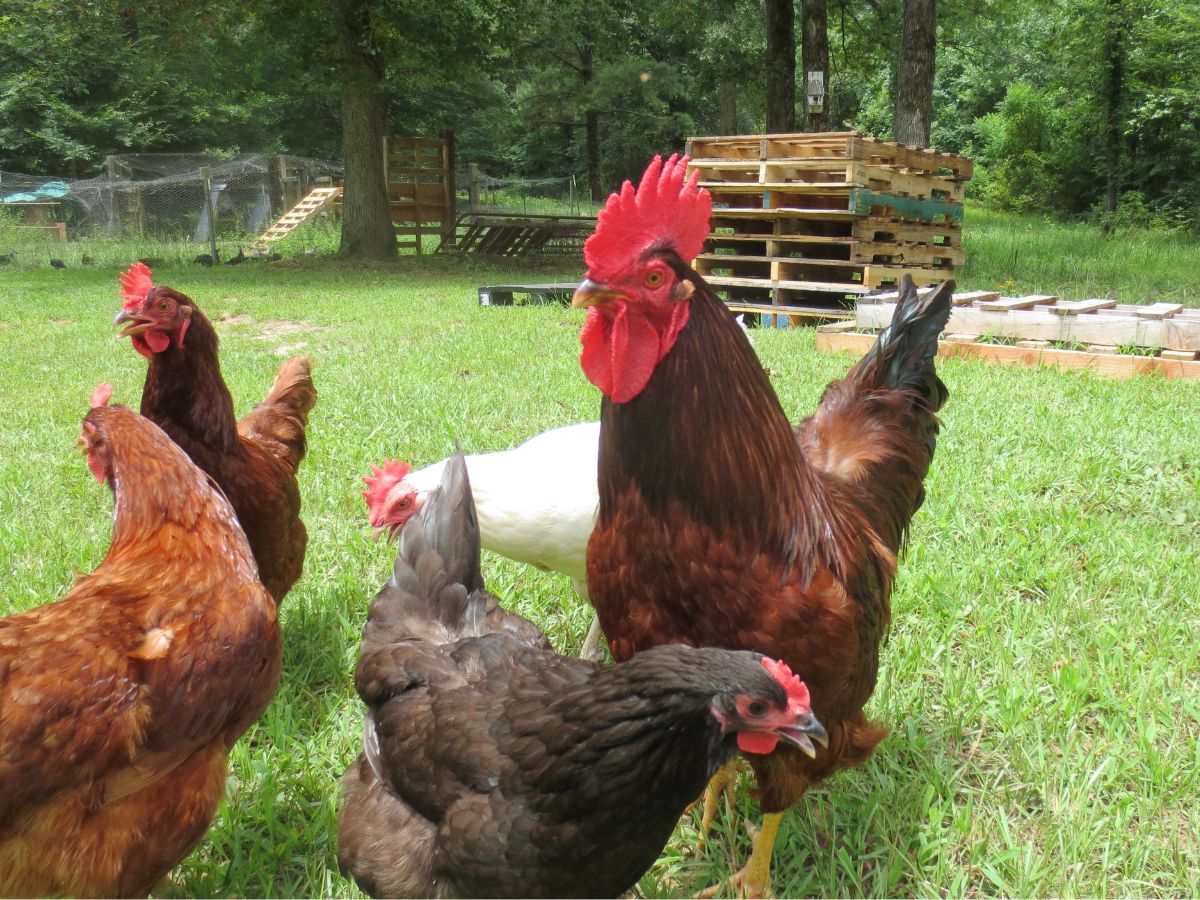
20. Using a Clothes Line – There’s something so wonderful about the way clothes smell and feel after they’ve been dried on the line. The sun gives them a unique freshness, and it’s a great way to save on energy costs. And, of course, the sun’s natural disinfecting power helps kill bacteria, too. A simple clothesline is all it takes. It’s a chore I still do, like my great-grandmother did, and I wouldn’t trade it for anything; it connects me to her and those simpler times. Are you curious about more of the old-fashioned skills I learned from my great-grandmother? We’ve got a companion article just for you. There are many ways to achieve a practical, working clothesline but I like this clothesline better than the traditional setup.
21. Manual Labor Over Machines – Manual labor or machines? Even something as simple as washing dishes offers this choice. While a dishwasher efficiently cleans and dries, washing dishes by hand can be a surprisingly mindful activity and a great way to save on your water and energy bills. It connects us to generations past, to a time when this was a daily ritual in every home. The warm water, the suds, and the focused attention on each plate and utensil are ways to slow down and connect with a simple, necessary task while saving a few dollars each month. Oftentimes, the old ways are still the best ways. This is another of those old-fashioned skills from my great-grandmother and grandmother.
22. Keeping Chickens – For over 45 years, chickens have been a part of our life, a love and passion I caught from my grandmother. We’ve learned so much along the way and shared those lessons in our many helpful articles here on TFL. Chickens are an excellent addition to any homestead or backyard. They provide fresh eggs and meat for the table, help with composting, and a bit of old-fashioned charm. They’re frugal, fun to watch, and a great way to teach children about nature and where their food comes from. Explore all of our chicken keeping articles.
23. Cultivating Skills for Self-Reliance – In today’s world, learning practical skills like sewing, woodworking, or basic plumbing is more valuable than ever. Not only does it reduce your dependence on others and save money, but it also connects you to a tradition of self-reliance, much like our grandparents and great-grandparents knew. Each skill you learn is a step toward greater independence, and the sense of accomplishment is priceless. We have helpful articles on homesteading and sustainable living here on TFL so be sure to explore them all!
24. Embracing Minimalism – Finding joy in simplicity is a cornerstone of frugal living, a way of life that our grandparents and great-grandparents practiced out of necessity. It’s about recognizing that true wealth isn’t measured in material possessions but in the richness of our relationships, the strength of our health, and our deep connection to the land. By prioritizing these essentials, we discover that we need far less than we imagined to live a full and meaningful life, returning to a simpler way of living.
25. Buy Secondhand Whenever Possible – Shopping secondhand for clothing, tools, furniture, and household goods is one of the best ways to save money. I’ve always enjoyed the thrill of the hunt, and thrift stores, flea markets, garage sales, and online marketplaces are full of affordable, often high-quality treasures waiting to be discovered. And let’s be honest, there’s a real satisfaction in finding a great deal—it’s like uncovering a little piece of history and saving a few dollars at the same time!
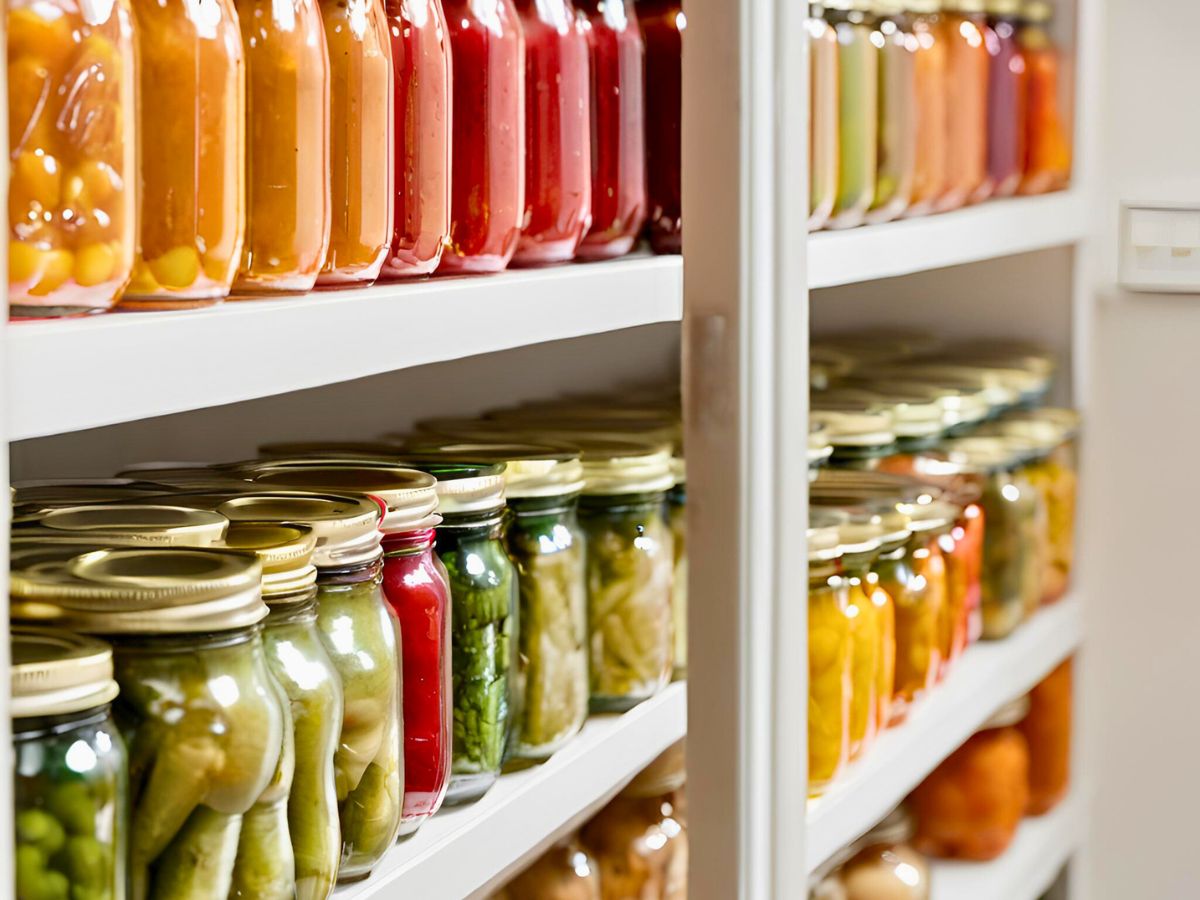
Wrap UP
Living frugally isn’t about cutting corners—it’s about making thoughtful choices that enhance your life and lead to a more sustainable way of living. Whether it’s growing a few tomatoes in pots on your balcony, planting 20 acres of food, or finding creative ways to reuse household items, every small habit contributes to a more fulfilling life.
It’s not always easy, but the rewards are significant. Not only do these simple practices save money, but they also bring a deep sense of satisfaction and a feeling of accomplishment. As you explore these frugal living tips, know that every choice makes a difference in your daily life, no matter how small.
I’d love to hear how you practice frugal living! Share your tips and stories in the comments below or reach out—let’s learn from and inspire each other on our journey!
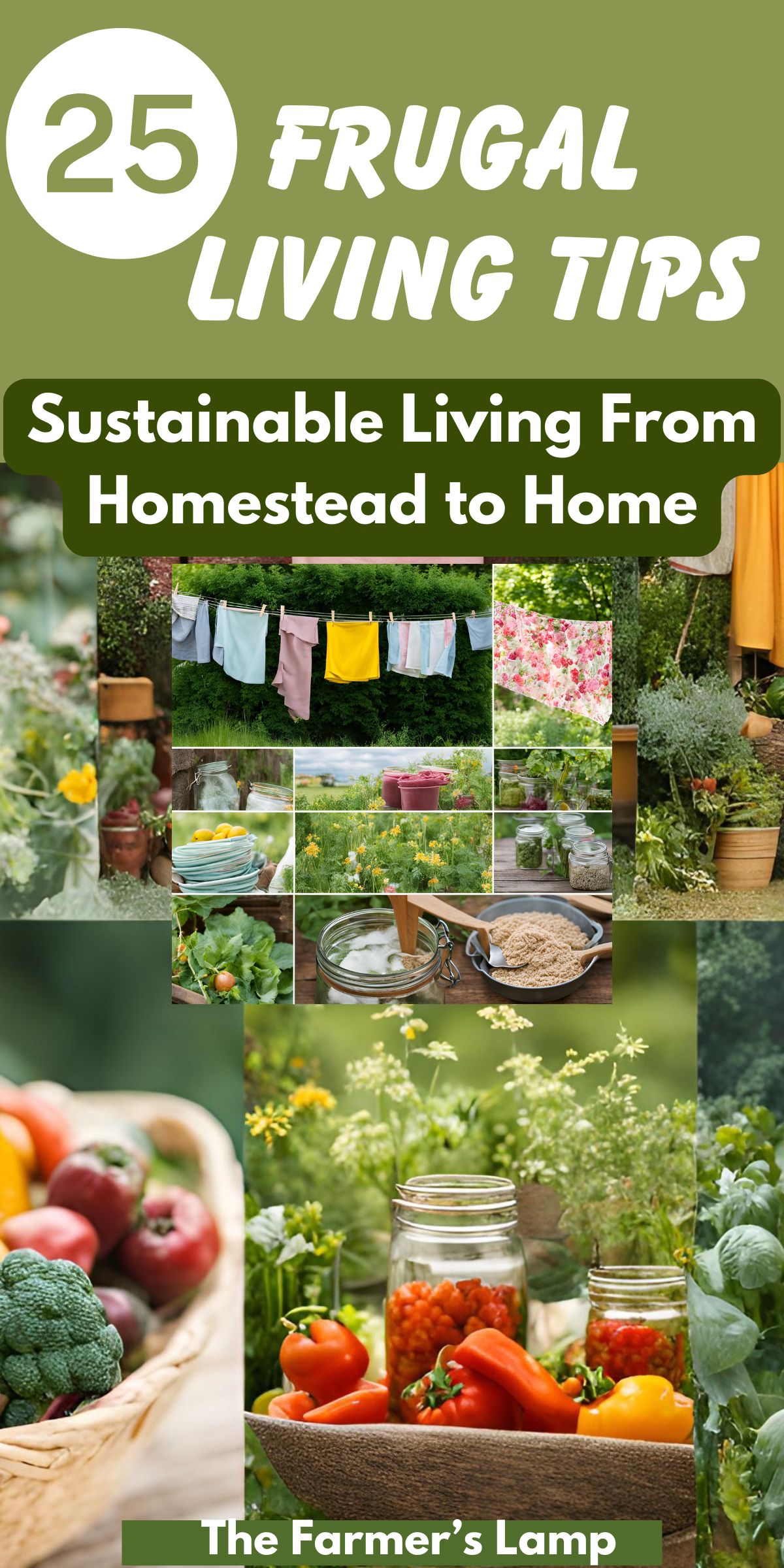
I’m just an aging city boy so perhaps frugal isn’t the word I’d use for me. I have discovered a few things which I’d like to share though. Back in the days when my primary method of payment was by check, a co-worker told me how he always rounded up to the nearest dollar of any given check before subtracting from the balance. At the end of the month (just before the next paycheck) he’d take what was in checking and move it into savings. Over time, this method made his savings more viable. Being an impatient sort, I rounded up to the nearest ten dollars and built up my savings faster.
Both my sister and I learned the hard way that debit cards used as credit cards are bad news. We both lost money when our cards were compromised. Back in the day, to use a credit card, the person at the register would have to take your card, run it through a machine which imprinted the (raised) letters/numbers of the card onto a slip which you would then have to sign, and require photo ID. Nowadays, there is no up-front security to using a credit card so it is very easy for someone else to use your credit card fraudulently. You have safe-guards built in because a credit card uses the bank’s money so if a bad transaction comes in, you can cancel it immediately. However, debit cards use your money. There are no safeguards built in by law to protect your money when it’s accessed like a credit card and it’s easy to lose out. Even if you challenge a transaction, the bank will tell you they can do nothing until after the transaction goes thru at which point you can try to get your money back but it’s already in the crook’s hands, not yours. Both my sister and I have gotten rid of our debit cards and gone back to credit cards only. I might also add that, with my credit card, I keep the max limit to the minimum the bank will allow and have told them to flag my account so they will never automatically raise my limit for any reason. I use my credit card only for essentials, food, gas, etc. and pay it off each month.
I have a space heater I use in the winter when I can since we’re usually both either in the living room or the bedroom and the space heater uses less power than running the furnace all the time. That’s about all I can think of for now. Not very much but maybe of some use to folks.
Thanks, Steve, for sharing your experience and tips with us! You’re a fountain of wisdom. 🙂